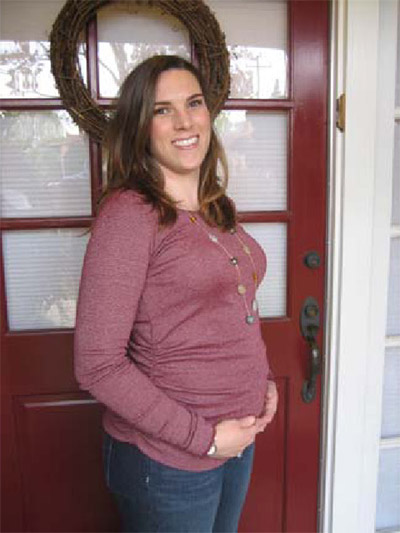
What is the Hollister Urban Area Water Project?
The Hollister Urban Area Water Project (HUAWP) is a water project that improves the Hollister area’s water quality and supply. The Lessalt Water Treatment Plant (WTP) was a first step more than 10 years ago. The next step was to increase the use of high-quality surface water by constructing the new West Hills WTP and upgrading the Lessalt WTP.
What is its’ purpose?
The primary goal of the HUAWP is to improve the quality and reliability of our drinking water to ensure a better economy and ensure a better quality of life for the residents of our community.
How will the HUAWP improve my water quality?
The Project improves the quality of our drinking water supply by maximizing the use of surface water from a variety of sources, including Central Valley Project (CVP) water. Surface water has less minerals and salts than groundwater because groundwater is in contact with geologic formations for a longer period of time than surface water.
Will I still need to use a water softener?
Self-regenerating water softeners that empty into a public sewer system have been banned in the City of Hollister and Sunnsylope County Water District service areas. This includes the entire Hollister Urban Area. If you already own a self-regenerating water softener that uses salt and/or potassium you do not need to remove it. However, when your current self-regenerating water softener stops functioning you cannot replace it with a self-regenerating water softener that uses salt and/or potassium. You are allowed to use an offsite exchange service where a fresh container is delivered to your home at set intervals and the salty brine is hauled away to be processed at a commercial facility outside of our county. You are also allowed to install salt-free alternatives to condition the water.
Now that the HUAWP is completed our water supply has much lower mineral content. In most areas a water softener will not be needed. However, individual preferences vary dramatically. Using a water softener is a highly subjective decision.
The Water Resources Association of San Benito County (WRASBC) offers a rebate for those that are demolishing their old, self-regulating water softeners. If you demolish your old water softener or buy a salt-free alternative to take its place, a $300 rebate is offered. If you transition over to an offsite service, a minimum 1-year service contract is required and a $250 rebate is issued.
Call the WRASBC if you would like to participate in the demolishing program or if you need information on salt-free alternatives to water conditioning. They can be reached at (831) 637-4378.
How are Hollister area water customers benefiting from the project?
The HUAWP will have these direct benefits for residents:
— High-quality water with less salt
— Eliminates the need for water softeners
— Longer life for appliances
— Less need to buy bottled water because taste will be improved due to lower salt content
Will reduced deliveries of CVP water (surface water) affect the surface water treatment plants?
During drought periods surface water allocations from the CVP, determined by the Bureau of Reclamation, are often reduced. However, Municipal and industrial (M&I) allocations have a higher reliability than agriculture during drought. The SBCWD has a plan to prepare for potential reductions in supply by banking water in commercial water banks and cooperating with water agencies to purchase water from irrigation districts that traditionally sell water during a drought.
How will improved water quality help with wastewater discharge compliance?
By improving the water quality of water going into homes and businesses, the wastewater leaving the homes is of better quality and can be treated to a higher quality at the water reclamation plants.
The Hollister Wastewater Reclamation Plant has improved wastewater discharges and allows us to produce recycled water for agricultural use, stretch local water supplies and protect the groundwater basin. The completed upgrades to the Ridgemark Wastewater Treatment Plant will allow the Sunnyslope County Water District to meet its discharge requirements and also protect the groundwater basin.
Will the project include recycled water for agriculture?
Yes, currently the City’s Reclamation Plant is producing recycled water. However, due to high mineral content in our water supply (groundwater) before improvements were made, many people own water softeners in the Hollister Urban Area. The salty brine created after a water softener regenerates soft water enters our sewer system and we end up with poor quality recycled water. By using more surface water for our drinking water supply water softeners will not be needed. The combination of surface water and fewer water softeners help us produce high-quality recycled water that can be used to irrigate high-value crops.
How will the project enhance the local groundwater basin?
By using surface water with fewer minerals, wastewater discharge from the reclamation plant will also have a lower mineral content. This will reduce the amount of additional minerals percolating into our groundwater supply and help protect our groundwater basin.
What if we did nothing?
If we did nothing to improve our local water quality, we most likely would have faced fines and penalties and be forced to provide water supply improvements under orders from state regulators. This could be more costly for ratepayers and harm the local economy. Taking no action was not considered a viable option.






